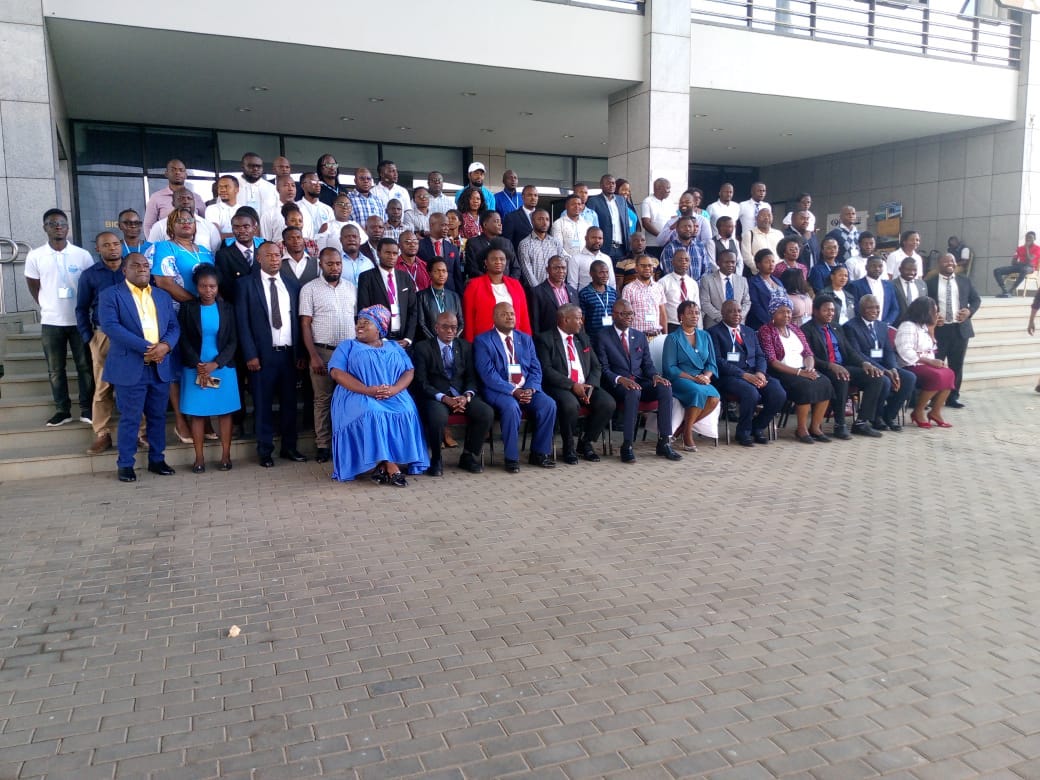Malawi Makes Progress on Water and Sanitation, Says Deputy Minister
The conference’s theme was "Be the Change: Towards Improved Water and Sanitation for All."
LILONGWE, Malawi - Malawi has seen positive strides in water, sanitation, and hygiene interventions despite challenges, Deputy Minister of Water and Sanitation Liana Kakhobwe Chapota said Thursday, writes Judgement Katika.
Chapota made the remarks at the opening of the 2023 National Water Conference in Lilongwe.
The conference’s theme was "Be the Change: Towards Improved Water and Sanitation for All."
She noted progress, with more people accessing safe water supplies through Water Board Services and in rural areas. "Access to safe water has increased," Chapota said.
For example, Lilongwe Water Board has increased storage capacity at Kamuzu Dam 1 from 5.1 million cubic metres to 25 million cubic metres.
The Northern Region Water Board is working on projects like the Nkhata Bay Water and Sanitation Project.
The Central Region Water Board is implementing a mega dam for Mponela Township's water supply.
"All this demonstrates the improved capacity under the water boards, with similar activities happening in rural areas," Chapota said.
Her ministry and stakeholders are also implementing solar-powered rehabilitation systems to increase access to safe water closer to homes.
However, Chapota lamented challenges from natural disasters, a lack of human capital, vandalism, and inadequate funding.
Water Services Association of Malawi President Dr. Robert Hanjahanja urged exploring strategies to improve infrastructure, water quality, access, and sanitation services for all citizens.
"Together, let us be change-makers," he said, adding that collective action can fulfil Sustainable Development Goals of access to clean water and sanitation for a healthier, more resilient nation.
Hanjahanja said the conference provided an opportunity to assess progress and challenges in the sector.
"We must work to overcome obstacles and strengthen partnerships between government, the private sector, and communities," he said.
Improving access to water and sanitation is crucial given its impacts on public health, education, and economic development.
According to United Nations data, inadequate WASH services contribute to a variety of diseases and kill thousands of children globally each year.
In Malawi, over 60% of healthcare facilities lack basic water services. Diarrheal diseases from contaminated water and poor sanitation remain a major cause of child mortality.
Conference participants discussed strategies to mobilise resources, empower local management of schemes, and ensure sustainability.
Presentations covered technical innovations, community engagement models, and financing options.



